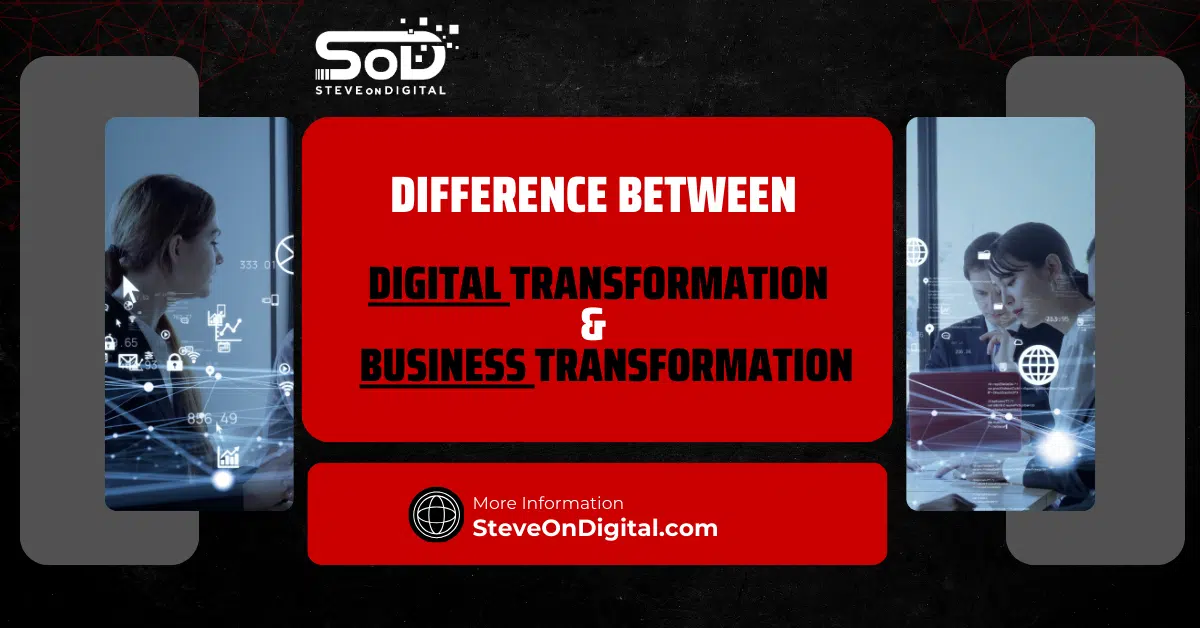I’m going to make a bold claim here. To grow your business, you need to think like a software company. Why? Because software companies have been consistently shown to be agile, cost-effective and rapidly growing. Want to join this elite group? Here’s how.
- Think strategically in terms of implementing software programs: Like software companies are prone to do, start each project by deciding upon the best software tool that will help you get the job done well. Prioritize cloud solutions since they are collaborative and available anywhere and on any device.
- Leverage technology: Software companies are known for their innovative use of technology. By thinking like a software company, a small business can leverage technology to streamline operations, enhance productivity, and improve customer experiences. Embracing digital tools, automation, and software solutions can help small businesses become more efficient and competitive in the modern business landscape.
- Gather quality data: Your software programs and digital tools should provide you with the data necessary to make strategic decisions based on a real-time snapshot of your company’s KPIs. Like a software company, create dashboards and business intelligence tools that provide high quality data.
- Automate and optimize processes: Automating and optimizing core processes is essential for small businesses aiming to increase efficiency and productivity, just as it is for huge software companies. You too can save time and resources, allocate your workforce to more value-added activities, improve customer satisfaction, and gain a competitive edge in your markets. Start by identifying the repetitive and time-consuming tasks in your core process. Where are there inefficiencies and gaps that could be automated? Once you’ve automated processes, it is time to optimize all the steps. Optimization involves analyzing existing workflows, identifying bottlenecks, and reconfiguring processes to eliminate inefficiencies.
- Stay customer-focused: Software companies prioritize understanding and meeting customer needs. They gather feedback, analyze user behavior, and make data-driven decisions to improve their products. Small businesses can also benefit from adopting a customer-centric approach, actively seeking customer feedback, and using data analytics to gain insights into customer preferences. By aligning their offerings with customer demands, small businesses can enhance customer satisfaction and build long-term relationships.
- Prioritize collaboration: When choosing a digital tool, keep collaboration in mind. You want all your programs to communicate with each other. Tools need to be fully integrated so that they are easily assessible and can share data. Not only do the tools need to collaborate together, employees need to be able to collaborate on the same project. Cloud-based solutions allow for real-time collaboration.
- Take an agile and iterative approach: Software companies often develop in increments. This allows them to quickly adapt to changing market conditions and customer needs. By adopting a similar mindset, your small business can also be more flexible, responsive and adaptable to market trends, thereby staying ahead of the competition.
- Invest in continuous learning that leads to innovation: Software companies operate in dynamic and fast-paced environments. Therefore, they are constantly learning in order to stay on top of the latest industry developments. Small businesses can emulate this mindset by fostering a culture of continuous learning and by encouraging employees to experiment with new ideas which often leads to identifying new opportunities and streamlining processes.
- Be ready to scale: Software companies are often built to scale rapidly. They design their products and infrastructure with scalability in mind, allowing them to handle increased demand and growth. Small businesses that think like software companies can prioritize scalability from the beginning, ensuring that their processes, systems, and infrastructure can accommodate growth without major disruptions. This enables them to seize opportunities and expand their operations efficiently.
- Embrace disruption: Software companies are at the forefront of disrupting traditional industries by introducing new business models and innovative solutions (think AirBnB, Uber, social media platforms). Small businesses can also benefit from embracing a disruptive approach and challenging the status quo. In fact, by doing so, small businesses position themselves as industry leaders and pioneers of change.
Want the success enjoyed by Silicon Valley? Integrate these 10 aspects into your business.




